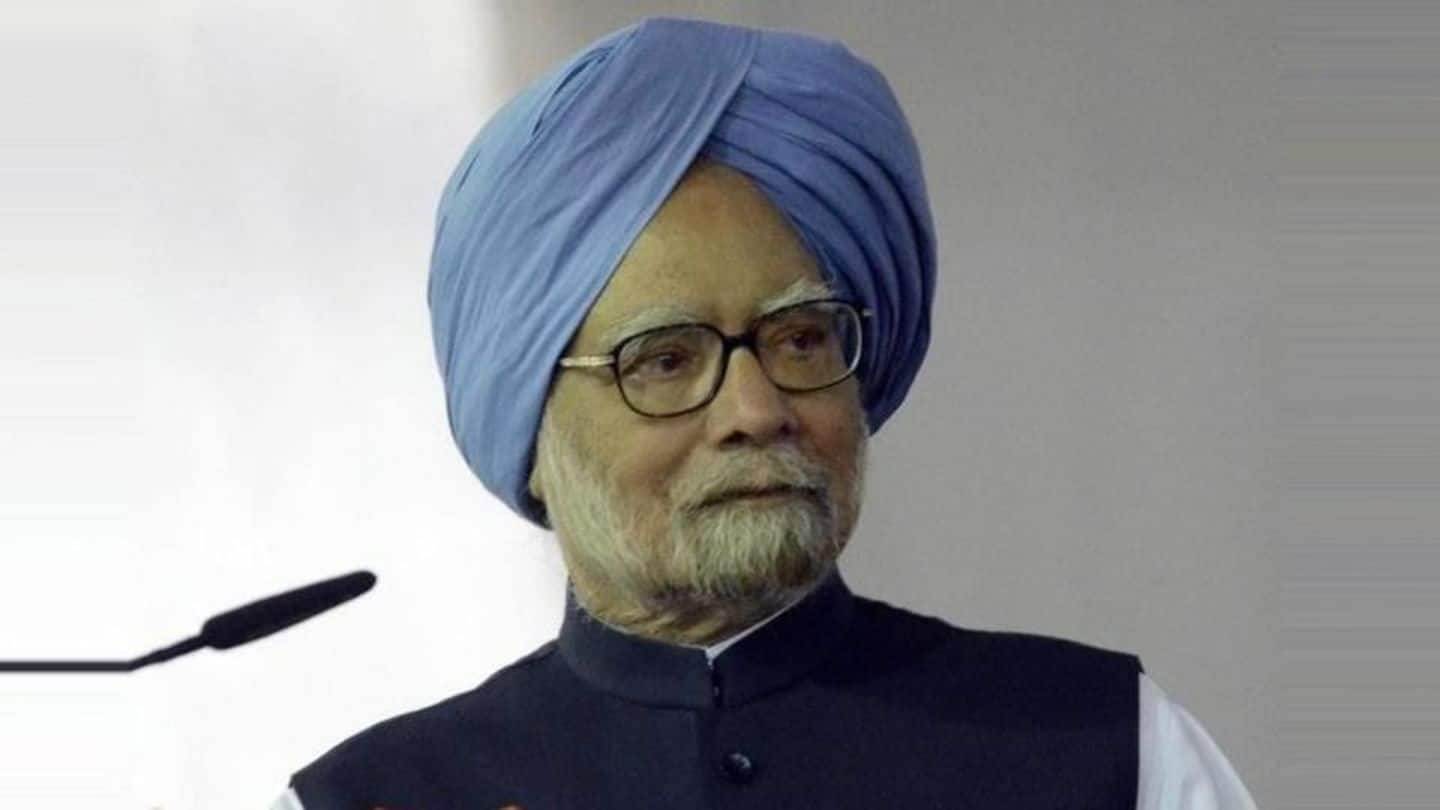
Former PM Manmohan Singh turns 85 today!
What's the story
Manmohan Singh, who had the longest serving contiguous term as PM after Jawaharlal Nehru, has often been described as the hero of India's 1991 liberalization, the "accidental PM" in 2004, and the "mute PM" in 2011. India's former PM, whose public life achievements were overshadowed by scams that plagued his UPA administration, celebrates his 85th birthday today. Read on to know about his journey!
Twitter Post
PM Modi wished Manmohan Singh on his birthday
Warm birthday wishes to our former Prime Minister, Dr. Manmohan Singh. May he lead a long life filled with good health.
— Narendra Modi (@narendramodi) September 26, 2017
Early Years
Singh's impressive rise through academia
Singh was born in 1932, Gah, now in Islamabad. Raised by his grandmother, Singh attended the village's Urdu-medium primary school till age 10. In 1947, Singh's family fled to Amritsar. He resisted his father's attempts of making him join the dry-fruit business. Singh studied economics and received scholarships in Cambridge and Oxford. His rise was phenomenal, and he became Chandigarh's Panjab University's youngest professor.
Personal
Singh held many posts before serving in the central cabinet
After a successful career as a professor, Singh took a "lateral entry" in civil services and held the post of Chief Economic Advisor followed by Secretary in the finance ministry. He also served in the Planning Commission, RBI and UGC in various capacities.
Finance minister
Narasimha Rao handpicks Singh to become finance minister
In 1991, then-PM Narasimha Rao inherited a dismal economy steeped in high debt from foreign lenders, and he realized that he would need a skilled economist to steer the situation. Singh was called in, and in an unprecedented move, he went in for liberalization by borrowing funds from the IMF and agreeing to structural reforms and devaluing the rupee. Singh's political career had begun.
Prime Minister
Sonia Gandhi refuses to be PM and nominates Singh
After Congress' electoral victory in the 2004 LS polls, Sonia Gandhi, the natural claimant for PM's post refused it and nominated Singh. He headed the Congress-led UPA government in 2004. His government survived a confidence vote in Parliament in 2008, after he went ahead with the Indo-US nuclear deal despite Left's opposition. His success led him to become PM again in 2009.
Achievements
Singh recorded some major achievements during his PM stint
Singh's PM stint witnessed some major achievements. During Singh's term, growth rates averaged about 8% and in 2014, India became the world's third-largest economy surpassing Japan. The landmark civil nuclear deal, which gave our nuclear program the much-needed uranium imports, was signed with the US. The Right to Information Act (2005), Right to Education Act (2009), the MGNREGA (2005) were some other initiatives.
Failures
Singh's PM term is dogged by the unraveling of scams
The economic growth during Singh's final years stalled as inflation increased, currency dived and commodity prices increased. His biggest failure was not addressing the corruption within his government. Some scams such as "Coalgate" scam, wherein coal blocks were allocated inefficiently in 2004-2009, and 2G spectrum case, wherein frequency was allocated to companies at a lower rate, among others led to widespread protests in 2011.
Legacy
How will history judge him?
Singh's silence when his government was plagued by corruption scandals and the assumption that Sonia Gandhi and Rahul Gandhi really steered the government, with Singh just being a puppet harmed Singh's reputation, though he himself was considered a man of integrity. In 2014, Singh had said "history will be kinder to me than the contemporary media." The performance of successive governments may decide this.